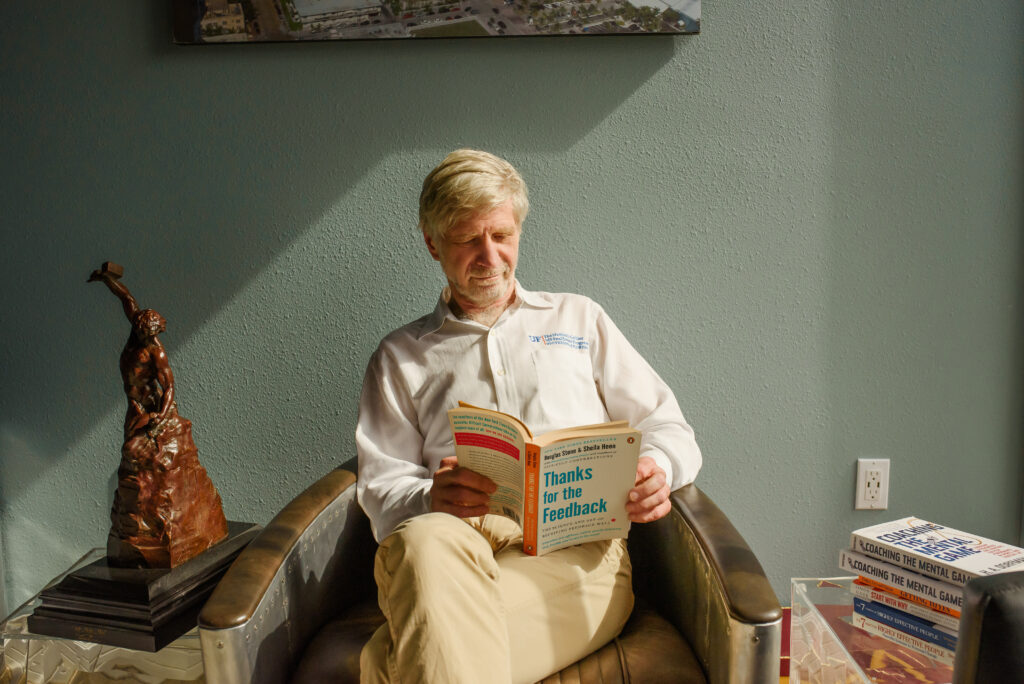Blame is looking backward, focused on finding fault. I prefer to be solution focused and forward looking.
I am much more into holding people responsible for the natural consequences of their actions or, when there is a duty to act, their inactions.
I whole-heartedly believe in holding people accountable.
When I hear someone in my organizations say “I’ll accept blame for that,” I tell them they can’t have it! They can accept responsibility but not blame.
Blame is linked to shame, disgrace, ignominy, censure; the desire to punish, to find fault.
Mistakes, honest mistakes (not malicious or malignant mistakes) are wonderful learning experiences that need to be shared so the lessons can be widespread.
Blaming and the process of finding fault hinder that learning/sharing process.
When errors occur, it is important that a thorough analysis be done so that we can learn how to avoid repeating the mistake. Once the lesson is learned, though, there is no point in dwelling on the mistake, the failure. Yes, in some cases unpleasant consequences may flow and by right should be borne primarily by those who best could have avoided it, those who where responsible, those who, in fairness, should be held accountable.
Some mistakes, some errors, have a moral component and perhaps blame is more appropriate in those cases or in those where social censure may be the most effective way to modify deviant or undesired behavior.
But in business and in most political or social settings where relationships are on-going and continued cooperation is of benefit, responsibility and accountability are far more effective team builders than blame.
Forget blame, embrace responsibility and accountability.
And don’t forget responsibility and accountability’s first cousin: transparency!
Closing quotes:
“When you blame others, you give up your power to change.” — Dr. Robert Anthony
“People spend too much time finding other people to blame, too much energy finding excuses for not being what they are capable of being, and not enough energy putting themselves on the line, growing out of the past, and getting on with their lives.” — J. Michael Straczynski
“A boss creates fear, a leader confidence. A boss fixes blame, a leader corrects mistakes. A boss knows all, a leader asks questions. A boss makes work drudgery, a leader makes it interesting.” — Russell H. Ewing
“All blame is a waste of time. No matter how much fault you find with another, and regardless of how much you blame him, it will not change you. The only thing blame does is to keep the focus off you when you are looking for external reasons to explain your unhappiness or frustration. You may succeed in making another feel guilty about something by blaming him, but you won’t succeed in changing whatever it is about you that is making you unhappy.” — Wayne Dyer





